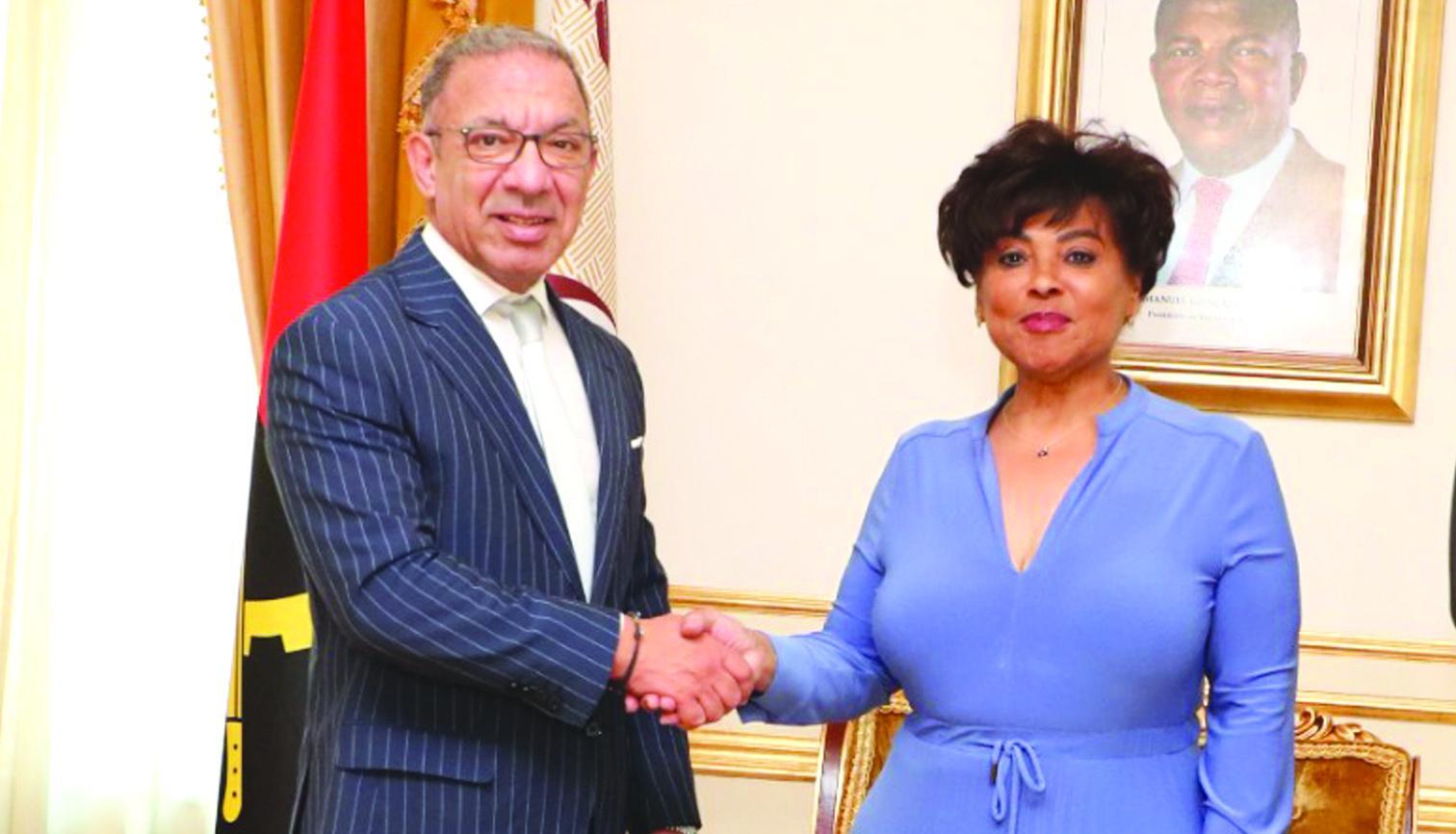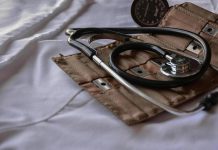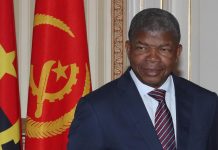Africa-Press – Angola. The outgoing president of the Inter-Parliamentary Union (IPU), Duarte Pacheco, said on Monday in Luanda that the organization is available to support projects related to the National Assembly (AN).
Speaking to journalists, after a meeting with the president of the AN, Carolina Cerqueira, Duarte Pacheco said that assistance for parliamentary projects is not limited to buildings, but also to the training of each deputy assigned to the hemicycle with the implementation of an academy.
“We have to understand that people are not encyclopedias. Normally, a member of parliament has professional experience, such as in medicine, or even as a farmer, but does not know about other issues. In parliament, everything is debated. One day we talk about agriculture and the next day about education issues,” he said.
He was therefore delighted that the highest representative of the National Assembly had announced a project related to the academy.
“This project can also naturally have the support of the Inter-Parliamentary Union. Now, for MPs to be able to intervene and make an informed decision, they need to have a minimum knowledge of all the subjects. Therefore, this is where academia can be very relevant”, he argued.
In his approach, Duarte Pacheco also recalled that the 147th General Assembly of the Inter-Parliamentary Union (IPU), which took place last year and was attended by more than a thousand delegates from all over the world, Angola managed to mobilize a team to ensure the event.
“The important thing was the image that was transmitted to the world. Perhaps 90 percent of the delegations had never been to Luanda. And so, what they knew was from books and television. Sometimes for good reasons, other times even for less pleasant reasons,” he explained, certain that people were “afraid of the organization”.
“The delegates were very afraid of security. For example, when they arrived here and saw the capacity of the organization, that everything worked well, that in terms of health and safety things worked. There was not a single problem, because everything was peaceful,” he applauded.
Duarte Pacheco also added that people left the General Assembly of the Inter-Parliamentary Union with a completely different image to the one they had of Luanda.
“By leaving with this image, they are more available to speak well of Angola, and perhaps there are others who are available to come here and make investments, which are fundamental for the country’s development,” he highlighted.
Angola’s great organizational concern, he stressed, is the result of a people who have lived through armed conflict for decades and, therefore, have an even greater sensitivity to peace, as a fundamental element for development.
“If there are conflicts, if there is war, there is no development. And in this case, without development, people will not improve their living conditions. There is no investment, there is no work, there is nothing. Peace is fundamental,” he stressed.
The Inter-Parliamentary Union is the main parliamentary interlocutor of the United Nations (UN) and brings the voice of parliamentarians to the UN’s decision-making processes by regularly tabling its resolutions in the General Assembly, making statements and participating in debates on key issues on the UN agenda.
For More News And Analysis About Angola Follow Africa-Press






